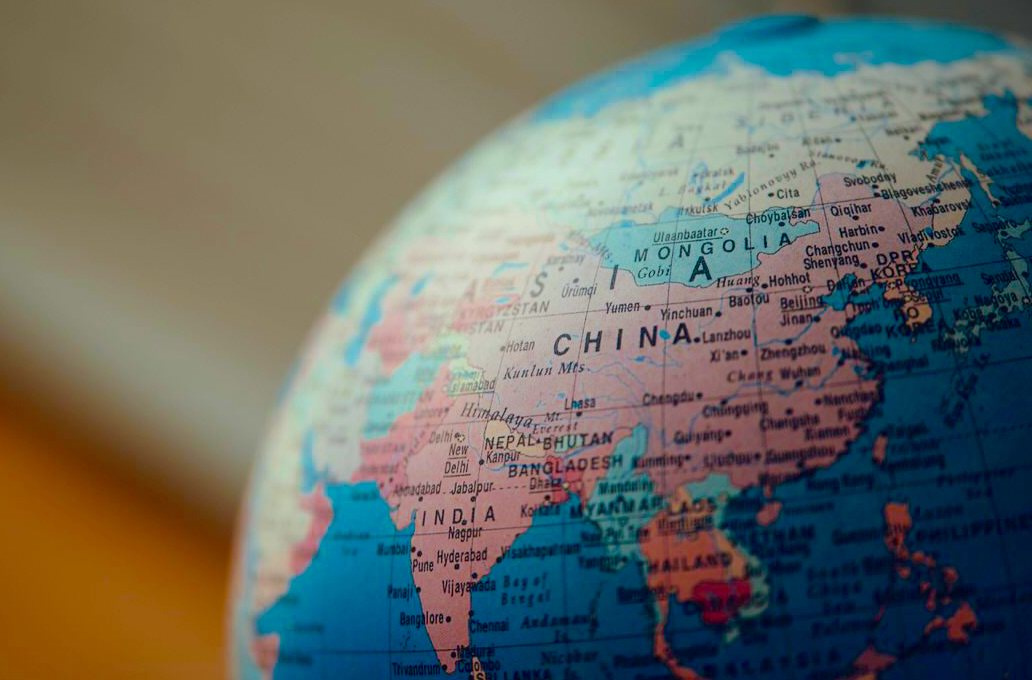by Carl R. Tannenbaum, Chief Economist, Northern Trust
Editor’s note: We are filing an abbreviated issue this week, as many of our American readers will be celebrating Thanksgiving on Thursday. If you are one of them, we hope that you have a terrific holiday with friends and family.
By Carl Tannenbaum
My wife and I were walking in the wilderness late last month, enjoying the fall colors. Suddenly, something ran towards us through the fallen leaves. Fortunately, the “predator” turned out to be nothing more than a wild turkey.
As my survival instincts receded, my economic instincts advanced. Sensing a chance to reduce the high cost of feeding 25 guests on Thanksgiving, I gave chase. The bird wasn’t able to fly, but it proved much more maneuverable than I was in the dense wood. The opportunity closed almost as quickly as it had opened.
Three weeks later, I was at the mercy of my local grocer for holiday provisions. Reports of price gouging had me on edge. But to my pleasant surprise, many of the items needed for the feast were somewhat cheaper than they were last year. In their annual survey, the American Farm Bureau estimated that this year’s repast will be 5% less expensive than it was in 2023. Costs have fallen 9% from the peak reached two years ago.

More broadly, inflation in food costs has settled nicely after surging during the pandemic. Prices for meals eaten out and at home are rising at a 2% annual pace in the United States and Europe, a welcome development for household budgets.
But those same households are still smarting from the discomfort that began in 2020. Cumulatively, American food prices are 23% higher than they were five years ago. In Britain, the increase is 33% over that span. Sticker shock is still common in most aisles of the supermarket.
Food prices have been a frustration the world over.
The root causes of food inflation are many, and varied. Scarcity of food commodities hasn’t been a major factor in the United States, but Europe has been paying for declines in agricultural shipments from Ukraine. Logistics have played a hand: periodic disruptions caused by weather and labor actions have added to expenses. Labor costs have increased more rapidly at many points in the journey between farms and tables, and once wages rise, they rarely fall.
As we discussed in our analysis of the U.S. election, perceptions of inflation played a significant role in steering the outcome. This surprised economists, who focus on yearly changes in prices. Economists also remove food prices from “core” inflation, because they can send volatile signals. But this category accounts for 10% to 15% of overall consumption in America and Europe, and a much higher fraction for households of more modest means.
Another point of disconnection centers on wages. The data show that incomes are growing more rapidly than inflation in most countries, which should soften the sting of high prices. But surveys suggest that households view rising wages as belated compensation for the rising costs of living, leaving them feeling aggrieved. The intensity of the discontent is highest for those in the lower income quintiles.
The situation surrounding global food prices illustrates an important concept. Looking at conditions in the aggregate can obscure details that lie beneath the surface. Divining trends, be they economic or political, requires digging into the details. Gaps between strata in societies are much wider than they used to be, so medians are a particularly poor measure of populations.
In a similar vein, I am struggling to anticipate quantities for Thanksgiving. Some of my guests eat heartily, and expect to take home leftovers sufficient to feed them for a full week. Others are far less voracious. Some will enjoy a few glasses of wine, while others abstain. We have carnivores and vegetarians, those who enjoy light meat and dark meat, and lovers and haters of Brussels sprouts.
On such occasions, though, it is important to emphasize what we have in common, not what separates us. After a year where divisions were often on prominent display around the world, the unity of friends and family during holidays is a welcome offset. It’s a big table, and everybody is welcome…as long as they don’t discuss inflation.
Copyright © Northern Trust















